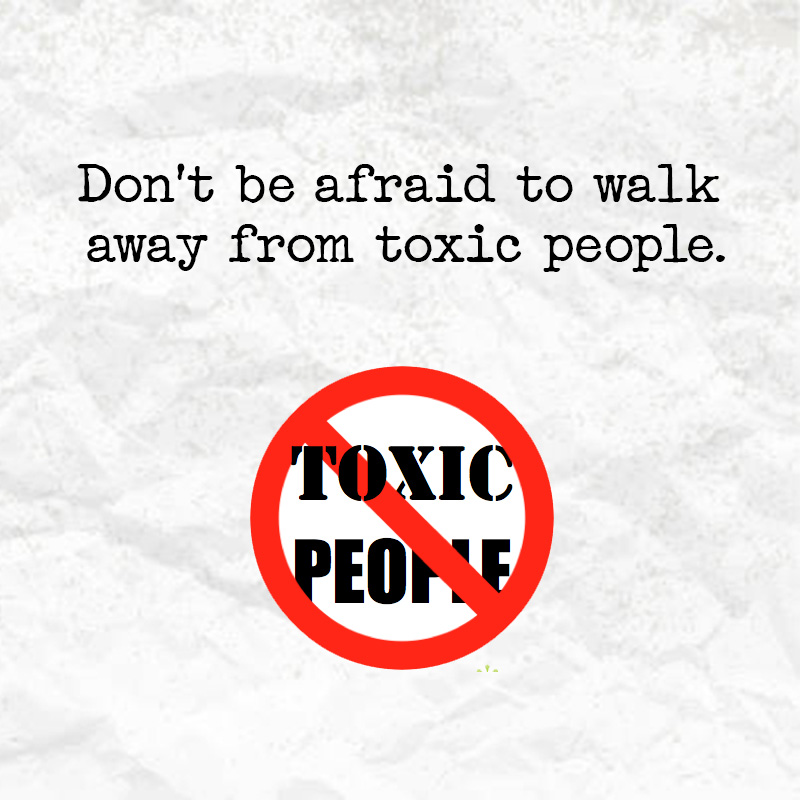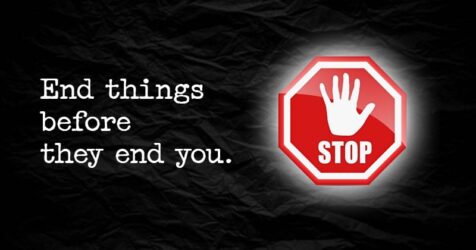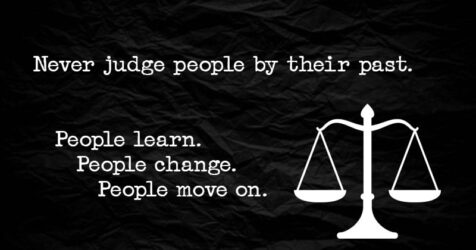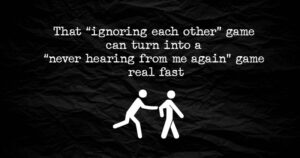Learn how to deal with a toxic person
The Do’s and Don’ts for dealing with a toxic person
We all know a person who always leaves you feeling worse off after interacting with them – it’s like they spit poison every time they open their mouth. It could be a manipulative family member or a colleague who can’t stop complaining about everything.

Referring to these people as being toxic won’t be farfetched. However, it is important to note that this term is grounded in the depth of human psychology. It also has a complex definition, so it’s not a term you can explain with a single phrase. Nevertheless, if you have a difficult time dealing with some sets of people in your life, it is helpful to begin by pinpointing some problematic traits rather than labeling them as toxic. So, what are the signs of toxicity?
- The urge to always create conflict or drama – yes, people have such tendencies.
- Self-centeredness or self-absorption
- Difficulty being compassionate
- Emotional abuses such as manipulation
- Deceit and dishonesty
Sound familiar? Read on to get tips on dealing with a toxic person.
- Don’t play into their reality.
Some people tend to see themselves as the victim whenever something “bad” happens. And if they mess up, they might also shift the blame to you or someone else rather than themselves – whatever story they tell you aims to make them feel like the victim or put them in a positive light.
How do you go about it? Try respectful disagreement. Please stick to the fact without pointing accusing fingers at them. Having a different take on a shared situation can do the trick.
- Don’t ignore how they make you feel.
Being conscious of how someone’s toxicity affects you can go a long way. It will help you navigate every interaction you have with them. Interestingly, most people occasionally say hurtful things they don’t mean. We don’t feel best all the time, and being in a bad mood can make you lash out, which can not necessarily be tagged as toxicity. But in the long run: personal struggles don’t excuse abuse.
- Put yourself first
Contrary to what you’ve heard, putting yourself isn’t a bad thing. Behavior doesn’t have to be spiteful or abuse to be toxic. There are a whole lot of other behaviors that give off the same effect. The person in question might be in “desperate need” – getting them off a bind won’t be bad. But it becomes an issue when you have to “save” them every time. Or you feel like their emotional stability depends solely on your attention. The relationship is a two-way street – you offer support, but you receive it from the other person as well.
- Don’t try to fix them.
You can offer compassion, but don’t be the man or woman in cape. You can’t fix everyone. People can change, but they’ve got to be willing to put in the world. You might want to help them instead of pushing them off. However, while you can offer compassion, you likely won’t be able to “save” them.
Sometimes, walking away from some people may seem like the only way to get rid of their toxic behavior. So don’t be afraid to walk away from toxic people.



















